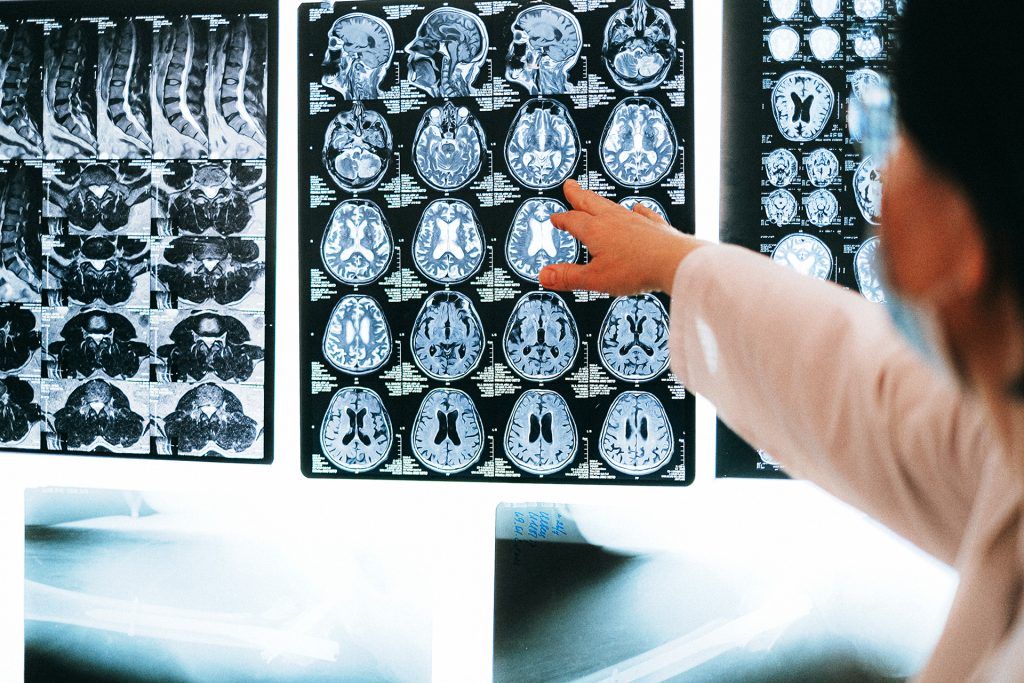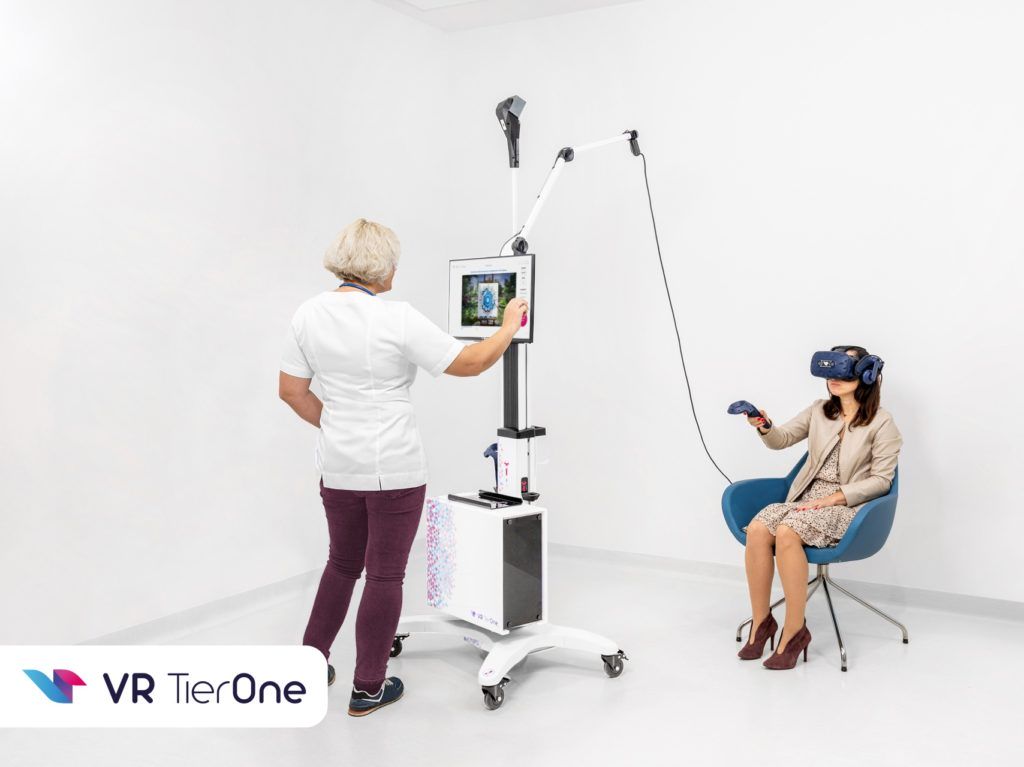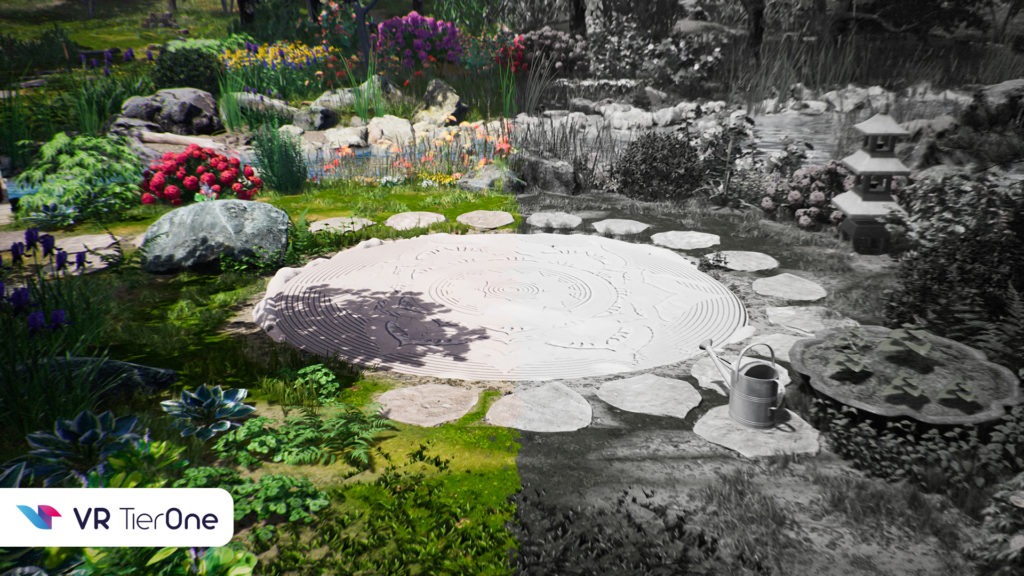Disseminating knowledge about depression is important for getting to know the disease and raising awareness of the need for its treatment and preventive measures. Learn more about depression with these 7 interesting facts. Perhaps they will help you view depression differently, become an inspiration to explore the subject further, or an incentive to look for new and effective therapeutic forms to help treat depression. Sit back and read!
1. Depression today. Formerly melancholy.
Constructing a highly developed civilization increases the incidence of depression. It is not, however, that depression is a invention of the present times, people of bygone eras also experienced its symptoms. The disease has a longer history than that of its current name. The term depression was coined relatively recently, and it was popularized by psychiatrist Adolf Meyer at the turn of the 20th century. In the 5th century BC, Hippocrates recognized the symptoms of prolonged depression as a disease, pointing to its biological basis. He called the disease melancholy. This term has survived ages, describing mood disorders in terms of a disease state, but also features of the temperament of reflexivity, sensitivity and sadness. Nowadays, melancholy has the overtone of poetic despondency, while the term depression is used colloquially with exaggeration, even when referring to momentary failure and dissatisfaction. Evidently, medically, depression is much more than short-term sadness and discouragement. Depression is a serious mental health disorder with a bio-psycho-social background.
2. Shrinking brain in depression. The shrunken hippocampus.
Magnetic resonance imaging of the brain in depressed people showed a reduced volume of the hippocampus. However, it was not proven whether the changes in volume were primary or secondary. It is well known that the excessive amount of cortisol released under stress is known to have neurotoxic properties on the brain structures, causing the hippocampus to shrink. In order to prevent unfavourable lesions in the structure of the brain, it is necessary to tame the stress, which may be the starting point for some forms of depression, and undergo treatment in the event of onset of the disease. Atrophy of hippocampus translates into issues with memory, recalling memories, and spatial orientation. The hippocampus can be regenerated through relaxation, meditation, memory training and cognitive exercise, an enriched environment, and psychotherapy that improves neuroplasticity by increasing the metabolism in the hippocampus. You will find all the beneficial factors in the anti-depressant VR TierOne virtual therapy.

3. Depression out of nowhere. With no apparent cause.
Therapeutic sessions with the use of VR TierOne offer effective aid in the treatment of depression, reducing anxiety, pain and stress. Virtual therapy of depression is particularly effective in seriously ill patients (stroke, infarction, COVID-19, COPD), in whom malaise and discouragement are closely correlated with their disease. Depressed mood as a consequence of serious condition may seem understandable, but the spectrum of depression also includes cases in which the cause is not that easy to identify, and is not related to difficult life experiences. This type of depression only seemingly appears out of nowhere, and as a rule, it is caused by abnormalities in the endocrine and nervous systems. Endogenous depression is considered a biological disorder. This form of depression meets little acceptance from the environment. The affected person may be considered ungrateful to life, or perceived as lazy. The feeling of depressed mood in a situation when life is going well may seem incomprehensible not only to the environment, but also to the patients themselves. Such a situation increases the patients’ feeling of guilt towards their own indifference, loss of interests, lack of energy and willingness to live and experience joy. In the case of endogenous depression, waiting for the symptoms to pass is not a solution, the only effective way to improve mood and quality of life is through pharmacological treatment and psychotherapy. Therapeutic intervention is required regardless of the cause of the disease and the type of depression. Never give in to depression, get treatment.
4. Antidepressants. Random discovery.
The discovery of antidepressants happened by accident in the 1950s. . The compound called iproniazid was originally intended to treat tuberculosis. Unexpectedly, it brought about an improvement in the mood and an increase in the psychomotor drive of the patients of the tuberculosis hospital who were given the new drug. An interesting fact is that the company manufacturing the drug used hydrazine reserves, used as fuel during World War II, for this purpose. Iproniazid turned out to be effective in management of depression, and although today there are drugs with fewer side effects, the drug paved the way for pharmacological treatment of people with depressive disorders. The development of pharmacotherapy for depression is slow, but even with new types of drugs, it is important to remember that depression does not respond to drug treatment immediately. It takes time for antidepressants to take effect and relieve the bothersome symptoms of depression.
5. Psychotherapy and pharmacotherapy. Together and apart.
Although spontaneous remission of depression may occur, nevertheless its inconveniences and potential life-threatening conditions speak for treating it as early as practicable. Untreated depression can also result in serious somatic complications. For seriously ill people, the comorbidity of depression becomes a threat in the form of disability. Depression therapy may be conducted as a standalone treatment, or as combination of both psychotherapy and pharmacotherapy. Drugs are able to improve patients’ psychomotor drive faster than the depressed mood, which may result in giving them strength for suicidal attempts. The issue with pharmacological treatment is the need for the patient to follow the recommendations and to take medications regularly for a sufficiently long period of time. Psychotherapy allows for better cooperation and compliance with the principles of pharmacotherapy. Interestingly, both treatments induce changes in the biochemistry of the brain. Psychotherapy affects the structure and quality of connections in the brain, hence the risk of relapse becomes lower and the effects of treatment are longer lasting. In general, treatment for depression may simply be unavailable due to the lack of both psychiatrists and psychotherapists. Patients may not have the chance to optimize their mental health. The solution is the innovative non-pharmacological VR TierOne therapy, which fills the gap in the availability of depression treatment.

6. Mental disorder. A disease of the brain and the entire system.
Depression is considered a mental health issue. The International Statistical Classification of Diseases and Related Health Problems (ICD) classifies depression as a disorder. The subject literature, studies dealing with depression, use illness and mental disorder interchangeably. Therefore we can speak of some terminological confusion. According to the latest version of the ICD-11, depression is a mood disorder and can be found in the depressive disorders category. An interesting issue about depression is that it is not just about the psyche. Depression can be called a disease of the brain, in fact it causes changes in it, but also a disease of the entire system, because it gives a variety of somatic symptoms. Depression escapes the conventional division into what is somatic and mental, indicating the need for a holistic approach to health and treating it as a coherent whole.
7. The symbol of the fight against depression. Put a semicolon.
Depression can interrupt your curriculum vitae, but it can also terminate your life. Suicidal thoughts are a serious symptom of depression and make the disease fatal. The disease puts on various masks, and the patients do not have to have the fight against depression written on their faces. But they can have it already marked on their wrists or other part of their bodies! If you meet a person with a semicolon tattoo, know that it is a symbol of the fight against depression and suicidal thoughts. This small piece of body art is related to the experience of illness and suicidal thoughts, but it can also be an expression of solidarity with people who suffer from depression. The semicolon tattoo breaks the taboo, that forces people to hide from the disease, it can help in talking about mental disorders. Don’t end your life story because of depression, don’t put a full stop there!







